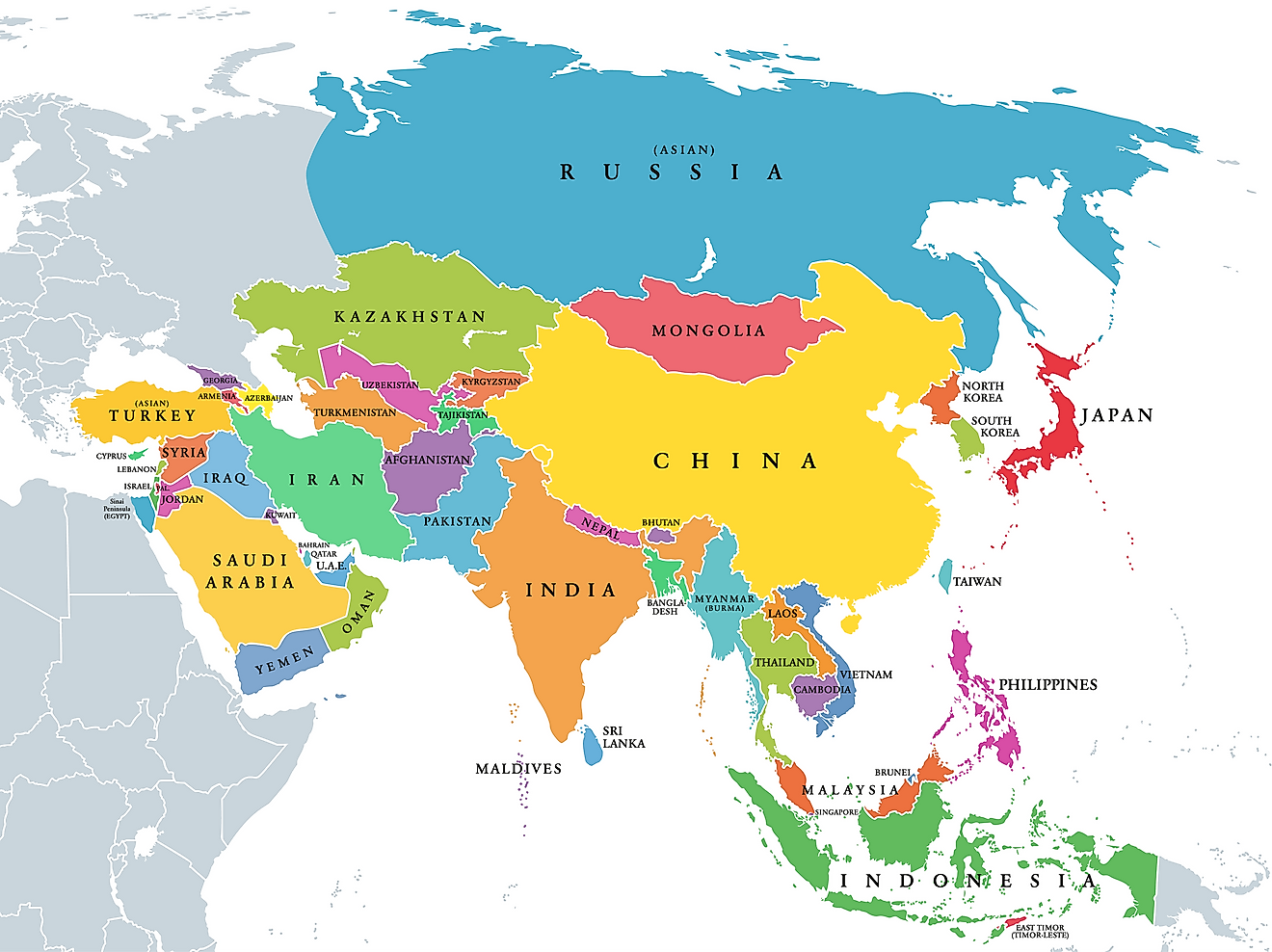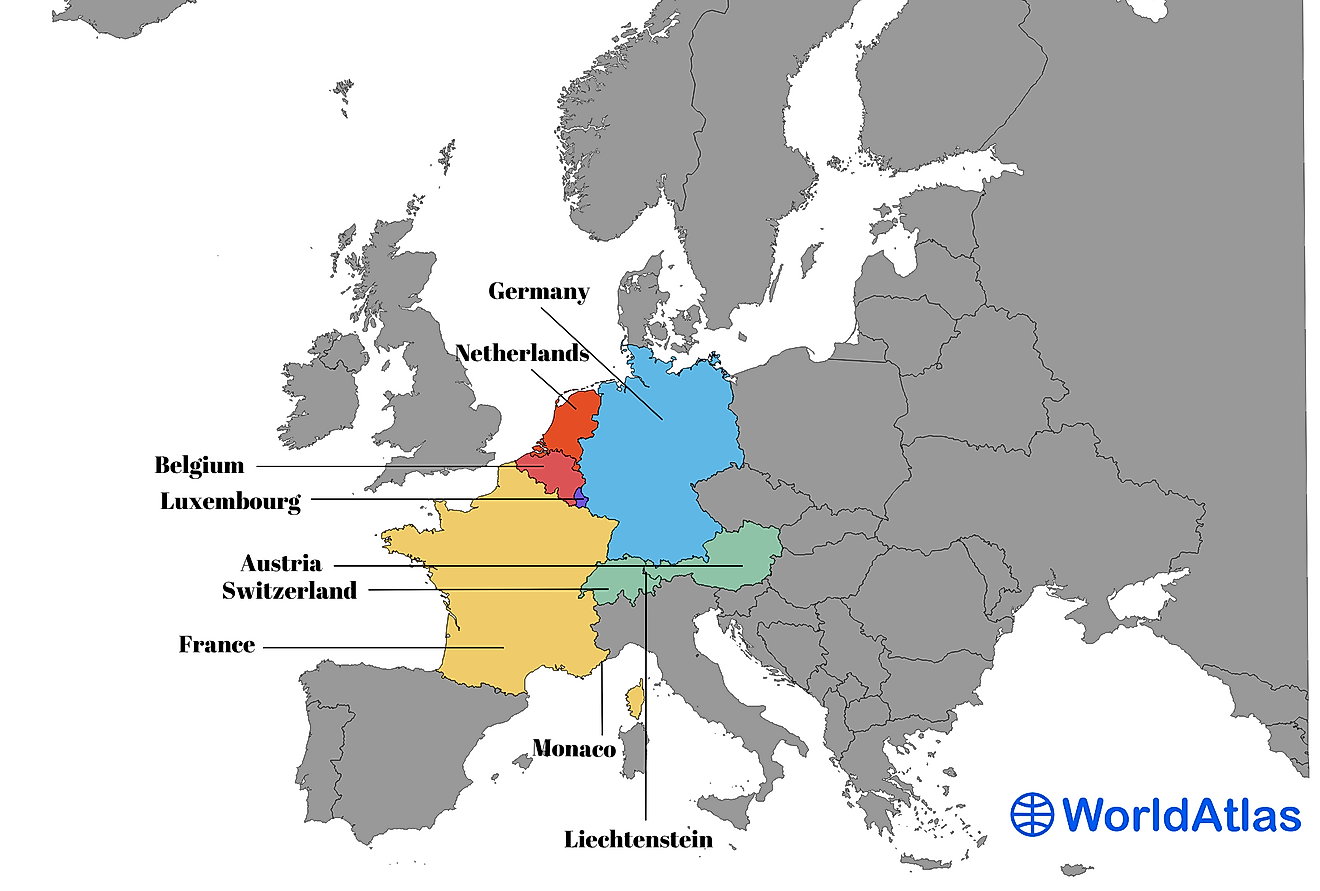What Is a Steppe?

Simply defined, a steppe refers to a large flatland with grasses or shrubs but without any trees. This flatland is usually found in areas with a climate that is not wet enough to support the growth of a forest although not dry enough to be classified as a desert. Any trees located in these regions are located close to water bodies such as lakes and rivers. In some parts of the world, a steppe is known by a different name. For example, a steppe is known as a veld in South Africa while the North American prairie is technically a steppe. Shrubs or grasses or both can be found in steppes depending on the latitude and season while, in some cases, a steppe can be a semi-desert. The temperatures in these places range anywhere from 113°F during the summer to lows of -67°F in the winter. Night and day temperatures also have great variations. For example, the highlands of Mongolia can have day temperatures of about 86°F while night temperatures can go below sub-zero.
Types of Steppes
There are two main types of steppes around the world namely temperate steppes and subtropical steppes. Temperate steppes exist in continental areas of the planet and can have further subdivisions such as the Rocky Mountains Steppes. Subtropical steppes refer to those that have a short period of wetness and exist in places with a dry climate resembling Mediterranean climate.
Aside from the two major types above, there are other types that are considered peculiar such as the shrub and the alpine steppe. Shrub steppes are found in arid places but have enough moisture to support the growth of perpetual shrubs or grasses or both. Shrub steppes occur mostly in North America and include the likes of the Colorado Plateau shrublands, the Great Basin shrub steppe, the Wyoming Basin shrub steppe, and others.
On the other hand, alpine steppes are grasslands that occur at high altitudes and are part of the biome of the Montane grasslands and shrublands. Alpine grasslands occur mostly in Asia where they make up a significant chunk (about 38.9%) of the grasslands area of the Tibetan plateau. Winters are cold and long while summers tend to be short and mild. In addition, these areas experience low levels of precipitation.
Cold and Subtropical Steppes
An example of a cold steppe in the world is the Great Steppe, which is also known simply as the steppes or the Eurasian Steppe. The Great Steppe is located in Central Asia and Eastern Europe as well as in nearby countries. These countries include China, Russia, Kazakhstan, Uzbekistan, and others. Another cold steppe or prairie is located in parts of western Canada, the northern region of Mexico, and the central parts of the United States.
Subtropical steppes exist in a number of places in Europe such as parts of Greece, Italy, and the central parts of Spain. In Asia, they exist in places like the Arabian Peninsula’s Badia and on the edges of the Thar Desert. Australia also has this type of steppe close to the Musgrave ranges while North America has subtropical steppes in places like Reno and Nevada.











